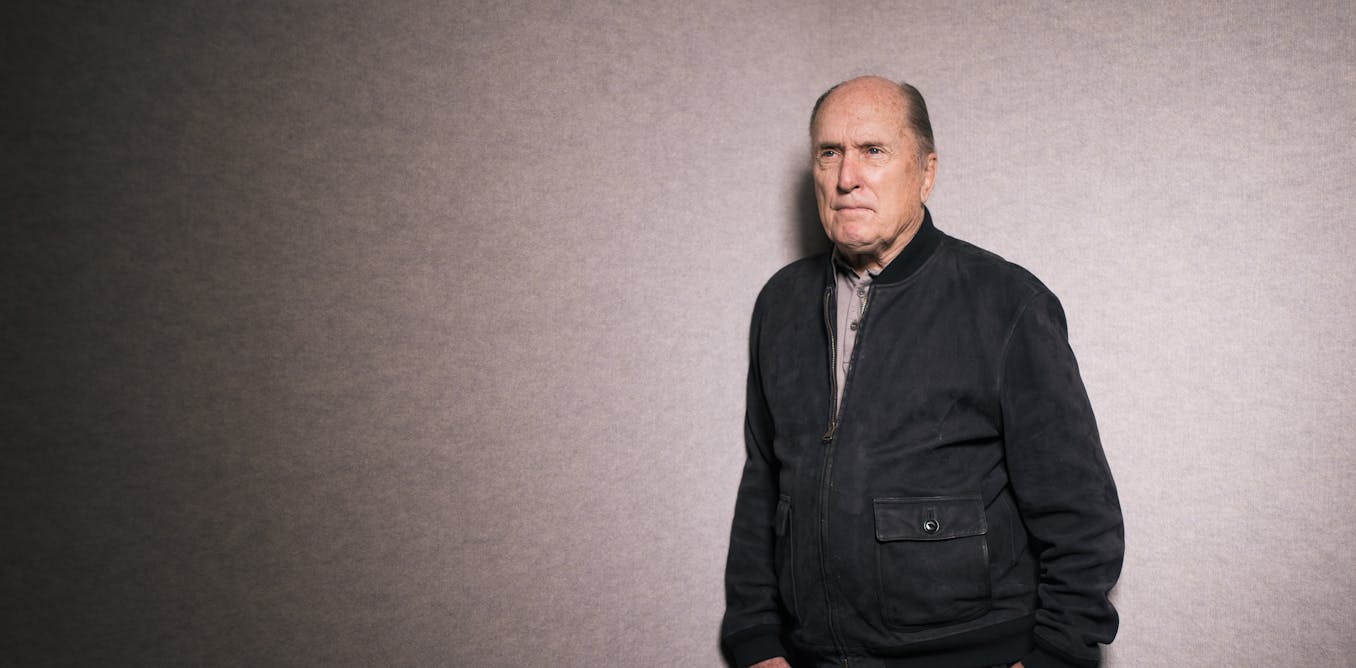No more homelessness – a goal that sounds like utopian fiction may become reality soon. The “Housing First” concept in Finland, supported by NGOs like the Y-Foundation, is aiming towards the end of homelessness in 2027. In a new interview, Juha Kahila, Head of International Affairs at the Y-Foundation, talks about the implementation of “Housing First”, new developments in politics and his hopes for the future.
The “Housing First” project in Finland is still successfully reducing homelessness. Those affected by homelessness receive an apartment and additional support without any preconditions. The result: The number of people without housing is decreasing steadily since the 80s. In 2022, there were 3,686 homeless people in Finland, which is 262 less than in 2021. The aim is to end homelessness in Finland by 2027. We’ve already reported on this in a previous article.
New developments on “Housing First” in Finland
A key stakeholder in the Finnish fight against homelessness is the Y-Foundation. The NGO has been providing housing for the homeless since 1985. It is now one of the sponsors of the “Housing First” policy in the country. It organizes housing and is the fourth largest landlord in Finland. Today, it manages 19,000 apartments throughout Finland. 7,000 of these apartments are specifically for homeless people or people who are about to become homeless.
In a recent interview Juha Kahila who works as Coordinator and Lead Coordinator of the National Housing First Development Network at the Y-Foundation is talking about the process of “Housing First”. He gives detailed information about the financial benefits of the housing project and explains the role of the Finnish government in the realization of this concept.
A new development is the election of a conservative government in 2023. Kahila believes that the success of “Housing First” is depending on whether the new government is cutting certain social benefits. But he is still hopeful that the goal of ending homelessness can be achieved. Furthermore, he thinks that organizations and political decision-makers in other countries can be inspired by the project and that this will help the countries greatly in the long term.
Interview with Juha Kahila from the Y-Foundation about the implementation of “Housing First” in Finland
Kontrast.at spoke to Juha Kahila about the successful Finnish concept and the Y-Foundation. He has been involved in helping the homeless for over 10 years and worked at the Finnish Youth Housing Association services (NALPA) before becoming its CEO. He later moved to the Y-Foundation, where he now works as Head of International Affairs. You can read the interview in German here.
Mr. Kahila, what does the process of the allocation of housing look like? How does a person approach you and how long does it take to get an apartment?
Juha Kahila: First of all, before a person becomes homeless, most people have already tried a lot to prevent this. If someone still loses their apartment, they can consider – together with one of our social workers – what the best housing solution and form of support is. In other words, whether it should be a single apartment with occasional support or a “Housing First” unit, i.e. an apartment in a “Housing First” complex where help is available around the clock.
At the moment, we can provide both housing and support very quickly. Only if someone wants to live in a specific “Housing First” unit they may have to wait longer for an apartment. But many people want to wait in temporary accommodation anyway and that is always possible.
Social benefits begin to flow immediately. Depending on the person’s situation, we also consider appropriate job opportunities. For example, the “Housing First” units offer low-threshold employment provision themselves.
The Y-Foundation always works together with other agencies. We provide the housing. Support, advice, social services and other services are then provided by the welfare districts and other organizations.
Common rooms – and even a sauna: This is what the “Housing First” houses look like
What do these apartments or houses look like? Are they spread throughout the city?
Juha Kahila: The apartments are mainly quite ordinary. 80 percent of the apartments are scattered around the city. The rest are in “Housing First” units, each with around 33 to 100 apartments in one building and support services on the ground floor. The apartments are equipped with a fridge, oven, etc. The residents furnish the rest themselves so that they feel at home. In the “Housing First” units, there are also communal areas where people can cook, watch TV together or just meet and chat.

There are certainly people who say it is unfair that many people have to spend a large part of their income on housing, while others simply get it “for free”. What do you say to them?
Juha Kahila: The answer is that housing is a human right. If that’s not enough of an argument, we explain that it actually saves money to provide housing in this way – and to avoid people having to sleep in emergency accommodation or on the street. We explain that the city is also safer for everyone if we really take care of everyone.
Besides, nothing is given away for free, people pay rent for their apartments. Of course, in the early stages most of them pay their rent through various social benefits. But a permanent home gives them the chance to contribute more again.
You and the Y-Foundation say that it is cheaper for the state to provide housing for the homeless than to have them remain in their situation. What does this calculation look like?
Juha Kahila: It’s true that ending homelessness saves money in the long run. The reason behind this is that people don’t have to use expensive emergency services. They spend fewer nights in prison, they less often need police or legal services and so on. In Finland, we have calculated that the savings are around 15,000 euros per person per year if they get housing instead of being left in shelters or on the streets.
Once people have a home and the help they need, the resources that are needed for the other shelters and services are freed up. In addition, homeless people become taxpayers again in the long run – but we haven’t even included that in our calculation.
Overall, the effects are multifaceted. We studied this in Finland and there are studies worldwide that show the same result: It is always cheaper to house people with support than to leave them in emergency shelters or on the streets.
The initiative for “Housing First” came from the Finnish government
In Finland, there is a lot of political support for the “Housing First” approach. How did this come about – who convinced whom?
Juha Kahila: The “Housing First” model was inherently a political decision in Finland. It worked differently here than in many other countries, where organizations and other stakeholders had to explain to politicians why it makes sense. In Finland, politicians had to convince the stakeholders! With carrots and sticks, so to speak.
The politicians said: We want to change the system. If you are on board, we will help you with the renovation of the apartments. If you’re not on board, we won’t buy the accomodation you provide. So, there has been a ‘gentle push’.
However, we currently have a government that wants to cut social benefits and build less affordable housing in the future. Of course, this presents us with challenges. But we are not despairing, we are working with the tools we have.
What about other countries: Do NGOs or political representatives come to you to learn from your experience with “Housing First”?
Juha Kahila: Yes, we get several hundred visitors every year and many of them are political decision-makers: Ministers, mayors and EU decision-makers. In addition, many groups come and get inspiration for their own work.
Do you know of any comparable international projects?
Juha Kahila: There is currently great work on this in Denmark and Austria and I believe that this will benefit the countries greatly in the long term.
No one should be homeless by 2027 – Helsinki wants to achieve this goal by 2025
The Finnish government wants to eliminate homelessness completely by 2027. Will that work out?
Juha Kahila: That depends on the decisions of the current government. If not all the cuts are implemented, I firmly believe that it will be possible to end homelessness by the end of 2027.
Helsinki has an even more ambitious goal: the city wants to end homelessness by the end of 2025. They also have an excellent program, so this goal can also be achieved.
Are there also criticisms of “Housing First” and if so, from whom?
Juha Kahila: Sometimes, yes. Mostly from people who think that “Housing First” is only about housing and who don’t realize that other forms of support are an essential part of the model. Of course, we all need to do a better job in the future to reduce these prejudices.
What motivates you personally to work at the Y-Foundation?
Juha Kahila: The foundation really wants to change the world and is taking concrete measures to do so. Reducing homelessness worldwide is a goal that I can easily and happily support. We want to do everything we can to ensure that one day everyone has a home.
Is there a story of a person that you particularly remember and would like to share?
Juha Kahila: I used to be a social worker and worked with a young man for several years. At some point, he no longer needed support and was ready to live independently. This fall, after several years, he suddenly called to let me know that he had become a father and that he really wanted to tell me about it. The thought of that always makes me smile.
The rights to the content remain with the original publisher.

The post “Finland fights homelessness – despite new political developments” by Kontrast.at was published on 02/04/2024 by thebetter.news





































